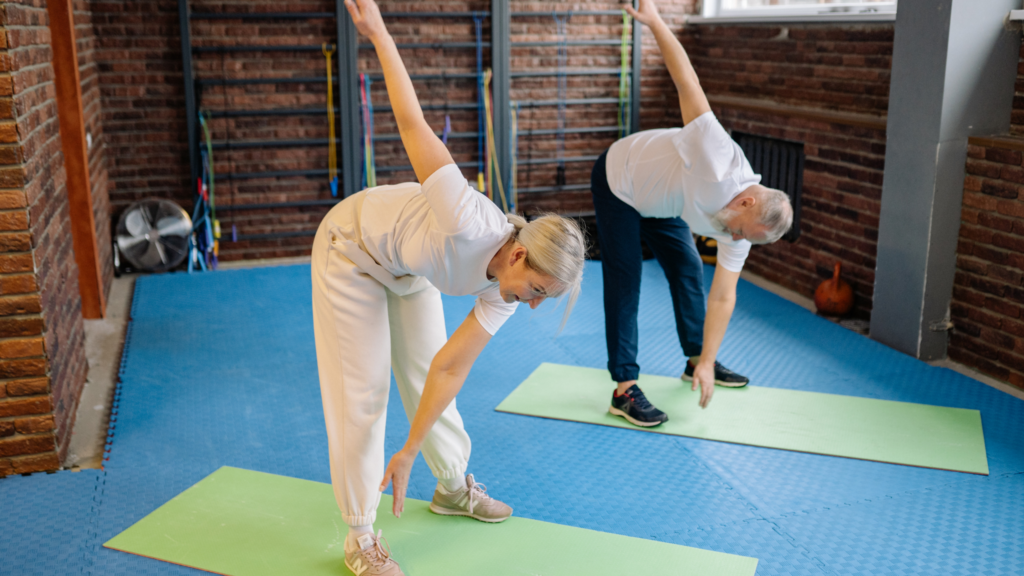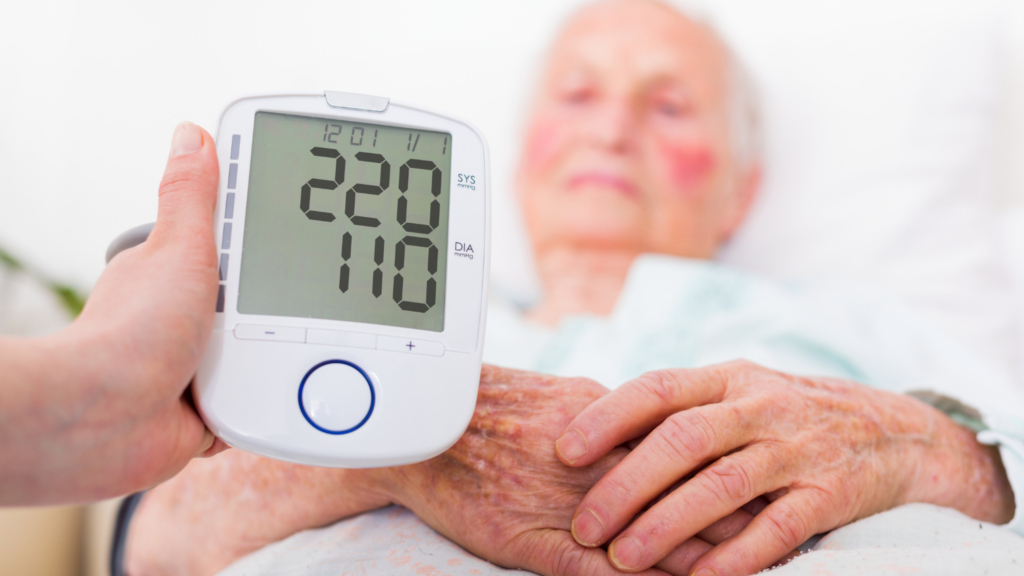
It’s no secret that as we get older, we start to experience more health concerns and face an increased risk of heart disease. However, while many people think cardiovascular disease is something they have to accept in their old age, this is simply not true. There are many things you can do as a senior to ensure you age gracefully and don’t deal with stubborn and complicated heart conditions. From a healthy diet to heart exercises for seniors, there are many steps you can take to ensure you have a happy and healthy heart even in your older age.
You’re probably wondering, “How does age affect the cardiovascular system?” It’s a known fact that as you reach the age of 65 and above, you’re prone to have a stroke, suffer from a heart attack, experience heart failure, or develop coronary heart disease. This may lead to further complications, such as disability, which is known to decrease the quality of life of many older people.
As you get older, your heart and blood vessels start to change. A simple and clear example of this is the fact that your heart doesn’t beat as fast anymore. However, while many of these factors are unpreventable, there are many things you can do to reduce the risk of heart disease.
Some of the most common heart disease risk factors for seniors include:

High blood pressure can cause atherosclerosis, which results in a buildup of plaque in the arteries. Over time, this plaque starts to narrow the arteries and harden, resulting in limited oxygen-rich blood flow to the organs and the rest of the body.
Teenage and childhood obesity follow many people into adulthood. Obesity is a major cause of death in the US and results in other serious conditions, such as type 2 diabetes, which increases your chance of cardiovascular disease. To determine if you’re obese, it’s vital to assess your body mass index (BMI).
Generally, heart valves tend to thicken and get stiff with age, limiting blood flow to the heart and potentially leaking. This often causes a buildup of fluid in the body or lungs.
The heart’s chambers often increase in size with age, causing the heart’s wall to thicken. As a result, the chamber is able to hold less blood, and the heart fills more slowly. This increases the risk of atrial fibrillation.

As you get older, there are many things you can do to ensure your heart stays in tip-top condition, such as:
Physical activity is an excellent way to improve cardiovascular health. However, it’s important to consult with your doctor regarding the most suitable exercises for you. Ideally, you should try to exercise for 150 minutes every week.
It’s always a good idea to start with simple and enjoyable exercises such as walking, cycling, dancing, gardening, and bowling. You should avoid spending excessive hours sitting. If you’ve previously suffered from cardiovascular disease or are at risk of one, make sure to incorporate moderate-intensity exercise into your routine.
As you age, your body becomes more sensitive to certain foods, particularly salt. Salt can lead to excessive swelling of the feet and legs. Therefore, it’s crucial to cut down on salt, added sugars, and saturated fats.
Rather, incorporate fresh fruits and vegetables into your diet. Foods high in fiber, such as whole grains, are also a fantastic option. While many people tend to overlook this point, by eating a heart-healthy diet, you’ll notice many improvements in your overall health.
Even if you’ve smoked for most of your life, it’s never too late to stop. Did you know smoking is the number one cause of preventable death? This alone should be enough motivation to quit. By quitting smoking, you’ll be able to reduce your risk of cancer, strokes, and heart disease. It’s also crucial to note that smoking causes damage to your artery walls. Therefore, a smoker is more likely to develop coronary artery disease than someone who does not smoke.
If you take any medicines for any of these conditions, make sure to stick to the guidelines. It’s also imperative to follow your doctor’s advice and go for regular checkups. High blood pressure, cholesterol, and sugar levels are often symptoms of heart disease; therefore, it’s vital to manage and track these things effectively.
A healthy weight does have an impact on your heart health. Therefore, you should try to balance your calories consumed with your calories burned during physical activity. The simplest ways to maintain a healthy weight include engaging in exercise and limiting portion sizes.
While the elderly are more at risk of developing heart disease, this is not something you need to accept. There are many things you can do to monitor your risk factors and take care of yourself to ensure you age gracefully and your heart is happy, healthy, and not a concern!
Some risk factors that the youth may develop and carry forward into adulthood that impact cardiovascular fitness include:
Aging causes various changes in your heart and blood vessels, which impacts your heart rate. One of the major risk factors of heart disease is the buildup of fatty deposits in the artery walls over the years. Therefore, as you get older, you can expect the buildup to increase, which may eventually lead to complications.
A regular and effective exercise plan will strengthen your heart health. This enhances the ability of your heart to pump blood throughout the body and to your lungs. As a result, more blood flows to your muscles, and the oxygen level in your blood increases.
Copyright © CardiacKrock.com. 2022 All rights reserved. | Sitemap